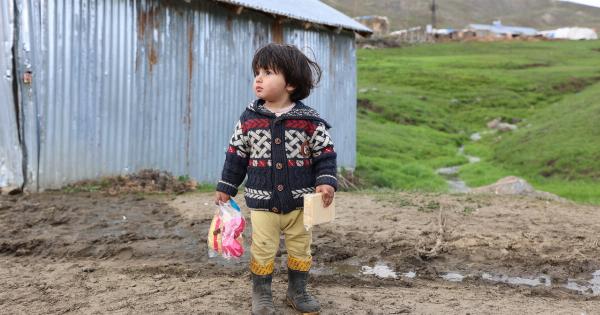Lying is a normal part of children’s development. Children often lie out of fear of punishment, a desire to impress their peers, or because they have a vivid imagination.
However, it’s essential to address lying when it becomes a habit and a tool for avoiding responsibilities and consequences.
Why do children lie?
Children lie for several reasons. Here are some of the most common:.
Fear of punishment
If a child believes that telling the truth will lead to negative consequences, such as getting grounded or losing privileges, they may lie to avoid the punishment.
Desire to impress peers
Children want to be accepted by their peers, and bragging or exaggerating the truth can make them feel more popular and confident.
Vivid imagination
Children often have a vivid imagination, and they may make up stories or exaggerate events to make them more exciting.
Low self-esteem
Children who have low self-esteem may lie to make themselves feel better. For example, they may pretend to have more expensive toys or clothes to impress their peers.
Response to lying
When your child lies, it’s essential to respond appropriately to prevent it from becoming a habit. Here are some tips on how to respond:.
Acknowledge the behavior
Let your child know that you are aware that they lied, and tell them why honesty is essential and why you don’t accept lying.
Do not punish
It’s best not to punish your child for lying. Instead, focus on the behavior that led to the lying and how they can make it right.
Encourage honesty
Encourage your child to tell the truth and praise them for being honest. Let them know that honesty is always the best policy.
Set a good example
Children often learn by example, so ensure that you are setting a good example by being honest with your child and others. If you make a mistake, admit it and take responsibility.
Prevention strategies
Prevention is better than cure. Here are some strategies to prevent lying from becoming a habit:.
Build trust
Trust is essential for any relationship, including the one you have with your child. Build trust by being supportive, understanding, and respectful. This will make your child feel more comfortable telling the truth.
Commend honesty
When your child tells the truth, commend and praise them for it. This will encourage honesty and make them less likely to lie in the future.
Explain the consequences
Help your child understand the consequences of lying. Explain to them that lying destroys trust and can lead to negative consequences, such as losing privileges or facing punishment. This will discourage them from lying.
Talk about honesty
Talk to your child about the importance of honesty and why it’s essential to be truthful. Discuss the consequences of lying and how it affects others.
Conclusion
Addressing lying in children is essential to prevent it from becoming a habit. When responding to lying, acknowledge the behavior, do not punish, encourage honesty, and set a good example.
To prevent lying, build trust, commend honesty, explain the consequences, and talk about honesty. These strategies will help your child become more honest and have a healthier outlook on life.






























